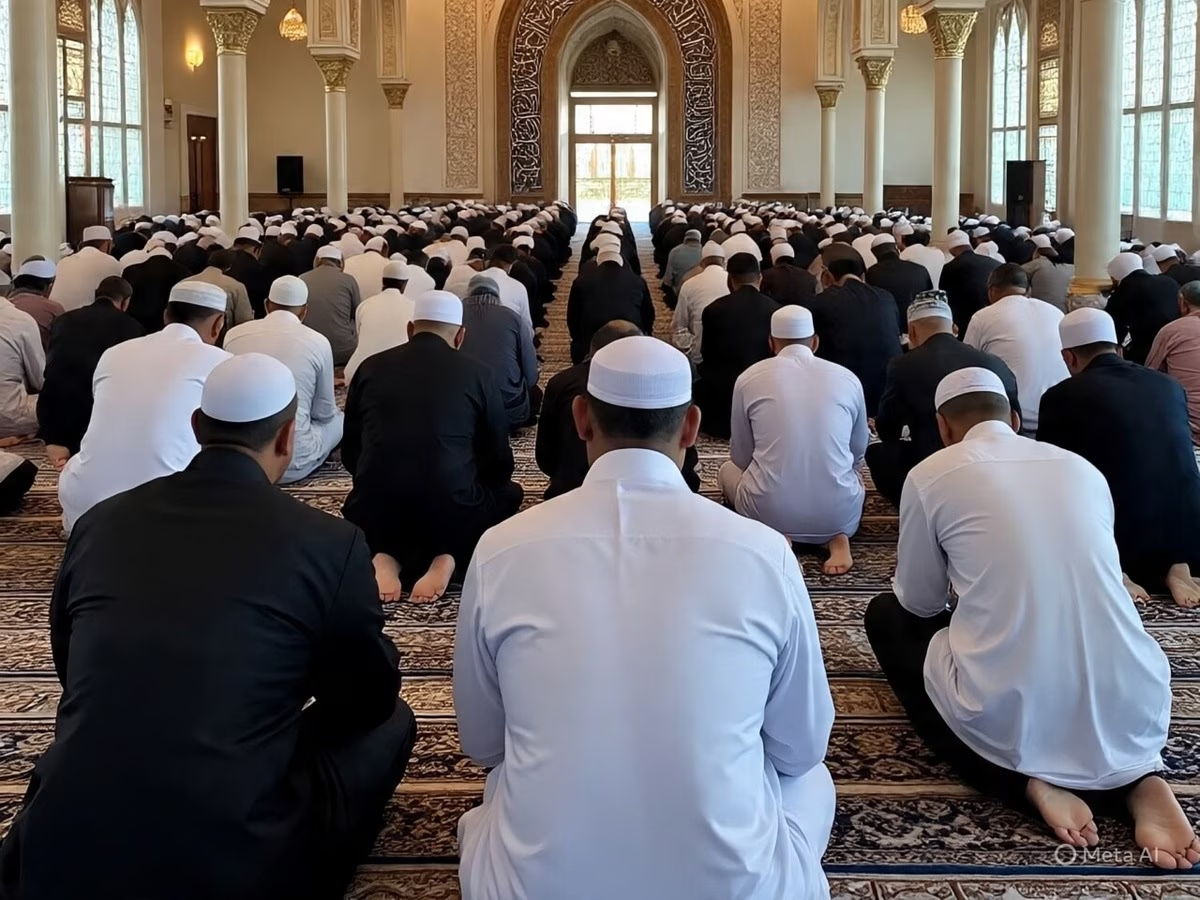In a move that has ignited intense debate across Spain, the southeastern town of Jumilla in the Murcia region has banned the public celebration of Muslim religious festivals. Under the new ruling, local Muslims will no longer be allowed to mark occasions such as Eid al-Fitr and Eid al-Adha in civic centers, sports halls, or other public facilities.
The decision, described by critics as both Islamophobic and discriminatory, is the first of its kind in Spain, raising serious concerns about religious freedom and cultural coexistence.
How the ban was passed
According to The Guardian, the motion was introduced in the local council by the conservative People’s Party (PP) and approved after members of the far-right Vox party were absent from the vote. Left-wing parties opposed the measure. The resolution states that municipal sports and public facilities cannot be used for “religious, cultural, or social activities different from our identity” unless organized by local authorities. The vague term “identity” has fueled further questions and criticism.
Impact on Jumilla’s Muslim community
Jumilla has a population of around 27,000, of which about 7.5% are Muslims, mainly from North African countries. For years, the community has gathered in public spaces during Ramadan for prayers and celebrated Eid with more than 1,500 attendees.
The far-right Vox party welcomed the decision, declaring on social media platform X: “Thanks to Vox, Spain has taken its first step in banning Islamic festivals in public spaces. Spain is, and always will be, Christian land.” The statement drew backlash for explicitly targeting the Muslim community.
Widespread criticism
Francisco Lucas, socialist leader in the Murcia region, condemned the ban as a violation of constitutional values and a threat to social harmony. He warned it could escalate tensions, citing recent racist violence in nearby Torre Pacheco. Former socialist mayor Juana Guardiola questioned the council’s use of the word “identity,” pointing out Jumilla’s centuries-old Muslim heritage dating back to the 8th century, when it was under Arab control and known as Yumil-la until the 13th century.
Munir Benjelloun Andalusi Azhari, president of the Spanish Federation of Islamic Organisations, called the decision “Islamophobic and discriminatory,” adding: “They are not targeting other religions—they are targeting ours. For the first time in 30 years, I am afraid in Spain.”
Constitutional concerns
Spain’s constitution, particularly Article 16, guarantees freedom of religion and worship, while Article 14 prohibits discrimination based on religion. Critics argue that the ban directly undermines these protections.
The ruling comes amid heightened tensions over immigration and cultural identity, following recent unrest in Torre Pacheco, where protests erupted after a pensioner was allegedly assaulted by three Moroccan men. Members of Jumilla’s Muslim community fear the ban will deepen their marginalization and further isolate them from the broader society.


